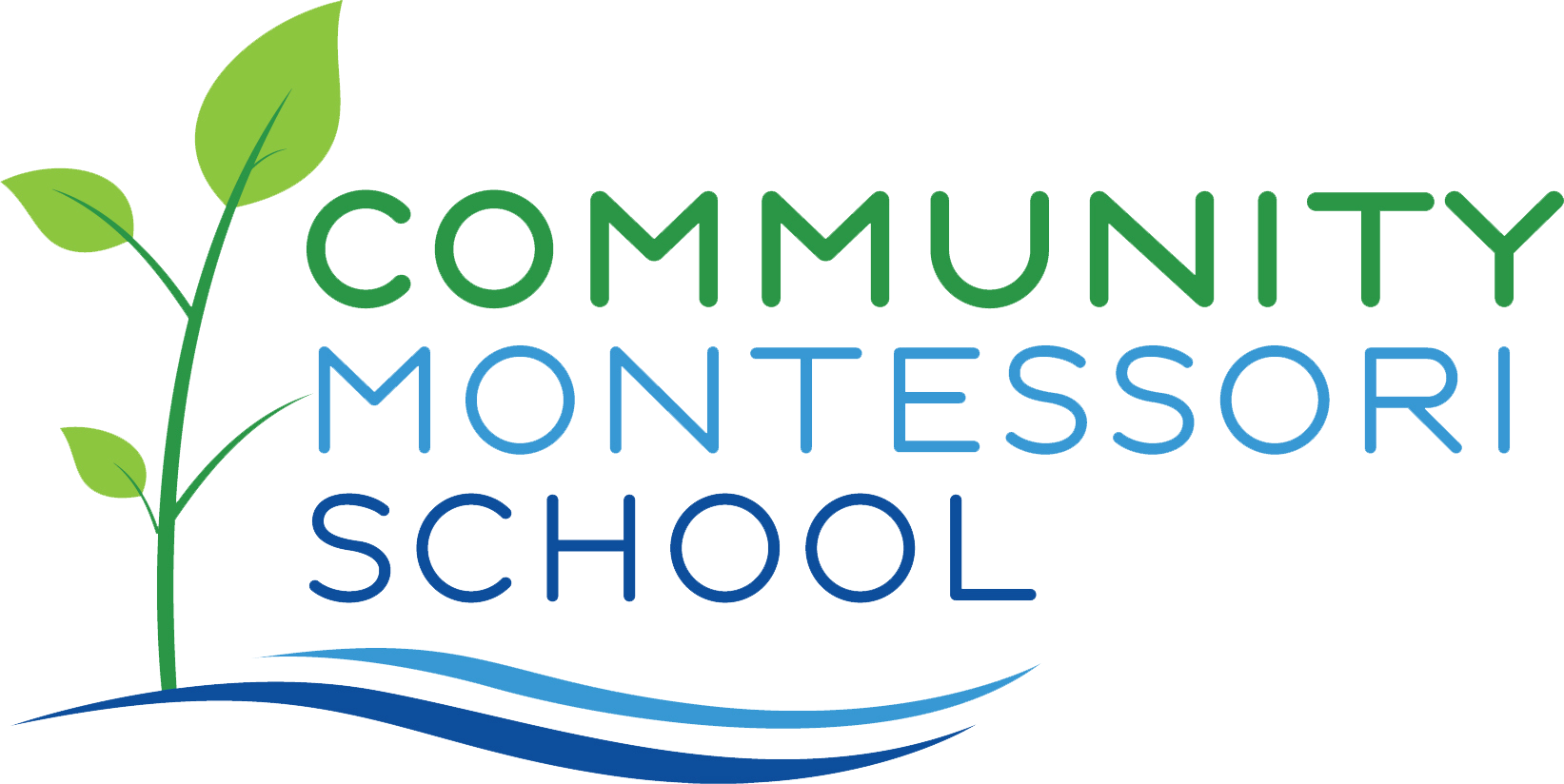Maria Montessori: Pioneer of Child-centered Education
Maria Montessori was a trailblazer in the field of early childhood education whose innovative methods and insights transformed how the world viewed and taught young children. As the first woman to practice medicine in Italy, Dr. Montessori brought a scientific yet profoundly humanistic approach to her life's work.
A pioneering Path
Born in 1870, Maria Montessori defied gender norms of her era by pursuing an education in biology, psychiatry, anthropology and medicine. She graduated from the prestigious Faculty of Medicine at the University of Rome in 1896. As a physician, her work with young children sparked a deep interest in understanding their development.
Through meticulous observation, Dr. Montessori made groundbreaking realizations. She discovered that children construct their own personalities as they interact with their environment. By providing specially designed "auto-didactic" materials, she observed how children learned by spontaneously choosing activities that met their developmental needs.
The montessori method emerges
Montessori studied children across races and cultures worldwide, identifying universal patterns and needs in human development. In 1901, she left her medical career to immerse herself in educational philosophy and anthropology.
Her pioneering work culminated in 1907 with the opening of the first Casa dei Bambini (Children's House) in a low income district of Rome. Here, Montessori implemented her child-centered approach, creating an environment tailored to nurture children's natural inclination to learn.
The results were astonishing. Children as young as five were writing, reading and displaying concentration and self-discipline. Montessori termed this the power of "auto-education" - when children are given the freedom to follow their natural developmental interests in a thoughtfully prepared environment.
A Lasting Legacy
As news of the Casa dei Bambini's success spread, Montessori's methods rapidly gained global acclaim. In 1909, she gave her first training course, which formed the basis of her influential book "The Montessori Method," published in 1912. Translated into 20 languages, it became a seminal work shaping educational practices worldwide.
Though her ambitions for a permanent Montessori research center were hindered by the rise of fascism in Europe, Montessori spent World War II in India. There she trained over 1,500 teachers while under house arrest, further developing her "Cosmic Education" curriculum for ages 6-12.
A three-time Nobel Peace Prize nominee, Montessori dedicated her life to empowering children and creating a more peaceful humanity. When she passed away in 1952 at age 81, she left an indelible legacy through her son Mario, who continued advancing her pioneering work.
Today, Montessori's key principles - respecting the universal characteristics of childhood while nurturing each child's unique potential - remain profoundly influential. Her child-centered methods, which allow auto-education to flourish, are implemented in Montessori schools worldwide. Maria Montessori's vision continues inspiring generations of educators and transforming how the world views and nurtures its children.
